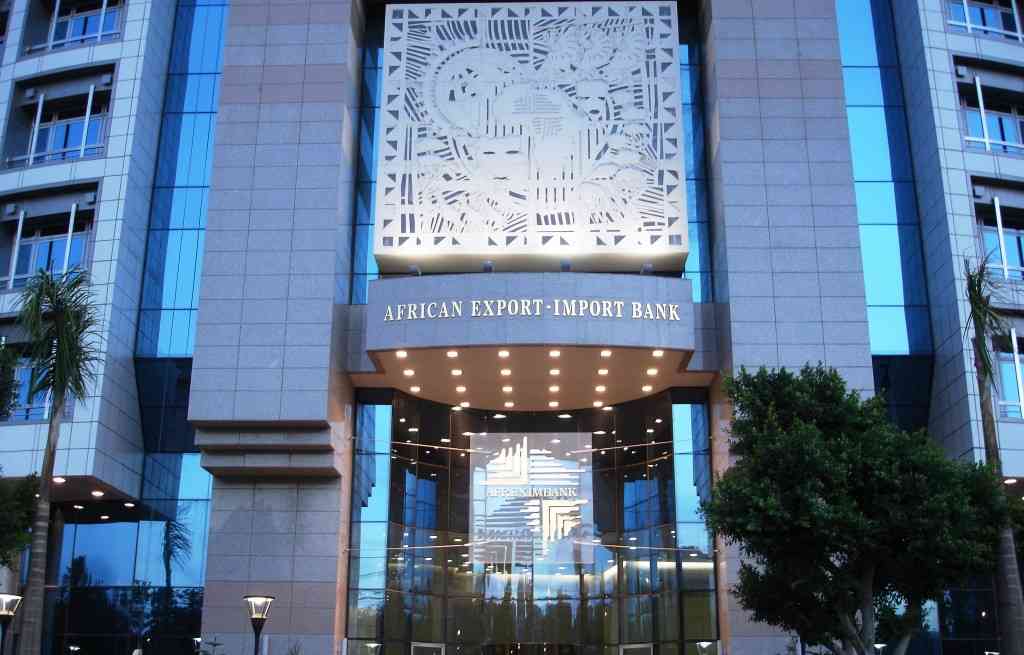
MILK processing giant, Dairibord Holdings Limited, has invested about US$30 million into capital equipment over the last five years, chief executive officer Mercy Ndoro said this week.
She said the investments were meant to bolster the firm’s capacity to export into African markets, taking advantage of improved conditions following the launch of the African Continental Free Trade Area (AfCFTA) in 2021.
AfCFTA promises to prop up African economies by eliminating duty on 90% of goods originating from the 54 economies that have signed up.
This makes it a potentially good bloc for firms like DHL, which have long expressed an ambition to rule African markets.
It is the largest economic bloc worldwide in terms of the number of participating countries.
The United Nations Economic Commission for Africa has predicted that AfCFTA will raise intra-African trade by 15% to 25% or US$50 billion to US$70 billion by 2040 compared to an Africa without the bloc.
“We are a successful story of privatisation in Zimbabwe,” Ndoro told delegates attending the Zimbabwe International Trade Fair Business Conference on Wednesday.
“We listed on the Zimbabwe Stock Exchange in 1997 and our success has been based on basically two pillars — our brands and our people.”
- Zim headed for a political dead heat in 2023
- Record breaker Mpofu revisits difficult upbringing
- Regulators turn down DZL probe request
- Tendo Electronics eyes Africa after TelOne deal
Keep Reading
The DHL CEO said the firm’s recently introduced product, Baobab Cascade, had already scooped accolades.
“Baobab Cascade is currently doing very well on the domestic and export markets. We are taking the product into South Africa, Zambia, Botswana and also into Mozambique.
“We need to really leverage the products that we have in the country and then put them into the international space and we are doing just that. We are also taking part of that into the international space, into the UK (United Kingdom) and into Europe,” Ndoro noted.
According to the DHL CEO, the firm’s product portfolio diversification had given it strength to compete on the market.
“From a predominantly milk company, we now have 70% of our products very less dependent on milk. So that diversification has helped us survive,” Ndoro said.
“The milk supply in Zimbabwe at some point went down to 39 million litres per annum, from 256 million litres. So if we had not diversified as a business, we would not still have been in existence. So that diversification strategy has indeed helped us to survive as a business. Exports for us are also key.
“We have been investing in capital equipment over the years. In the last five years, we invested about US$30 million into equipment and for us then to utilise that equipment adequately, as the Minister of Industry was saying that capacity utilisation is increasing. For us to utilise that capacity, the export market presents opportunities.”
Ndoro stated that the firm has been entering export markets in the region, as well as outside in an effort to diversify the business and, more significantly, to generate foreign currency.
According to her, DHL shipped around 1,2 million litres of goods to the export market in 2018.
This rose to 7,7 million litres in 2022.
“For us, exports are a key focus area and we continue to leverage on our strong brands into the export market. We also are looking at the opportunities and challenges that AfCFTA is going to bring for us as a business,” Ndoro said.
“We see a lot of opportunities, but we also see that it’s going to increase competition. What it means is our products, both in terms of the intrinsic product and in terms of product presentation, have to be competitive. That is the only way we are going to be surviving in the Africa Continental Free Trade Area.”
She said AfCFTA presented the biggest opportunity, as it offered the firm a huge market of about 1,3 billion people.
"That is what we are going to be leveraging on," Ndoro said.










